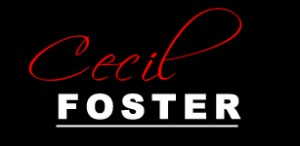Who owns a country? This is one of the burning questions that confront us daily as modern individuals and even as nations and states. It is a question that is never far below the surface in any discussion, among others, about Quebec, Scotland, Catalonia, Sri Lanka, England, Germany, or as we are witnessing these days via the media, Crimea, Ukraine and Russia.
It is a question that immediately raises perceptions of ethnic conflicts, especially wherever there is the dominant presumption that distinct nations and nationalisms exist with their historic and authentic cultures or ways of life. It is a question that makes us face up to the reality that nationalism is invariably racism or xenoracism legitimized under supposed exclusive national rights to sovereignty and self-determination. In this spirit, it is the question whose answer emphatically implies that all humankind are not equal and that my nation and its members and cultural practices have been, are and will always be superior to any other nation and members. Following this path we cannot help but see the world as a tragic place of interminable conflicts. This is a world of genocides, slavery, ethnic accommodations and imposed charters of values.
But there is another path to which the same question gestures. Here the assumption is that a country is owned by citizens as abstract individuals identified by an agreed bundle of civil right. Here we can move away from the claims of nationalism and nationalist homelands. This liberal individual, prototypical of the modern immigrant, can find happiness in any country where all members play by the same rules and have the same chances among themselves of winning and losing. It is where all members equally have human dignity.
- See more at: http://www.mqup.ca/blog/owns-country/#sthash.zLk7UV7z.dpuf


